
Konya Shamsrumi: What is the process of writing a poem like for you? Is it a lot of hard work or easy?
Michaela Moye: I can say that I have a range of feelings around writing poetry. One major feeling, to be honest, is a sense of inadequacy. Am I following the rules? Is this more like prose than poetry? Does this make sense? For the longest time, I did not believe that my poems were any good but I couldn’t stop writing them. I have a sizeable body of work that I have not been able to show anyone because I find some of them embarrassing, childish scrawls. I eventually learned the courage to appreciate my efforts but the doubt is always there.
When it flows, it flows. When it flows, it means I’m in a part of my head that is more interested in expression. Once I’ve put the words down, then I start building the poem. Moving lines. Cancelling lines. I write poetry in longhand so there’s always a lot of crossed out lines. Sometimes I write disjointed phrases and eventually, a feeling, or an experience, or a strong emotion, will provide me the right words to hold everything together. Writing poetry is never easy for me, even when it’s flowing. On some days, I may be writing in my journal and a story will emerge that needs to be told. On other days, I may sit with my notebook and ask myself, “What do I want to write today?”
Konya Shamsrumi: Please describe your sense of identity in this or any possible world in imagery or metaphor?
Michaela Moye: I would say that I am a spider. A web-spinning spider. The words are silk coming out from my abdomen. Crafting the web is my writing process. I read somewhere that spiders would sometimes eat their webs. That feels like starting a piece of writing from scratch or maybe having the confidence to change something that isn’t working. Hopefully, when it’s all done, there’s a beautiful thing to be admired, to be useful.
Konya Shamsrumi: If any of your poems could literarily save a person’s life, which poem would it be and can you describe the person whose life you think it would have saved?
Michaela Moye: In a very real way, ‘The Twins’ saved my own life. I wrote it at a very dark point in my life. The process of writing it guided me from a very scary place and led me to a point where I felt that I could embrace the darkness within and have some certainty that I would not drown in it. In ‘The Twins’ a woman has to confront her deepest fear and is able to withstand the seduction of the titular characters. “We are patient,” the twins tell her. This portrays an ongoing confrontation with my own anxiety issues and bouts with depression. It might always be there, just within my peripheral view, and even if I am afraid, like the woman in the poem, I can withstand.

Konya Shamsrumi: What does Africa mean to you, as potential or reality?
Michaela Moye: Would I sound ignorant if I said that I do not contemplate “Africa as a concept”? Africa is a continent – a physical place within which the land of my birth, Nigeria, is situated. That’s it for me. Africa is beautiful and vast and varied. I love it but I do not contemplate on it as anything other than a place, just as I do not contemplate any other continent as anything more than land mass. I know it doesn’t sound “woke” but ba ruwa na.
Africans, like every other people, have evolved and will continue evolving. Our customs will continue to influence others, and will continue to be influenced by traditions from other places and by the changes happening on our planet. Just like everywhere else.
Konya Shamsrumi: Could you share with us one poem you’ve been most impressed or fascinated by? Tell us why and share favorite lines from it.
Michaela Moye: Only one! I can’t pick three? Because if I could, I would say ‘Song From The Street’ by Sally Keith. I love the rhythm and the glum imagery; ‘Mary Magdalen’ by Kahlil Gibran. Line two says, “And He was gentle, like a man mindful of his own strength.”
And I would say that the poem that has most impressed me is Dike Chukwumerijie’s ‘The Wall and The Bridge’. This work is popular for a reason. The poet makes us question our behavior. He pulls the words out from our own guts and makes us confront them. Sort of a “how dare you?” scenario. The poem is painful because it is true. As a collective, we have whether unwittingly or willfully chosen to be discriminatory. We have given the world a blueprint of how we can be treated and it is disgusting.
“If you cannot buy land unless you’re a native.
And cannot find work unless you’re a native.
And cannot feel safe unless you’re a native.
How can we then say, we’re not primitive?”
“No culture is older than being human” should be the definitive guide for How To Be A Decent Person.
Michaela Moye is the author of ‘Relieved’, a collection of poetry and short stories. Her work as a writer, editor, researcher and communications consultant spans print, online and broadcast media, as well as the development sector. Her desire for a change in how mental health issues are perceived in Nigeria inspired the founding of Saint Jude Foundation for Capacity Building, an organization committed to research, advocacy and training. Moye also runs a small business that sells books, handcrafted items, and sundry. She lives in Abuja with a happy mutt, Alexa Jellybean, and a cranky tortoise, Offspring. She volunteers with Environment Friendly Initiative.






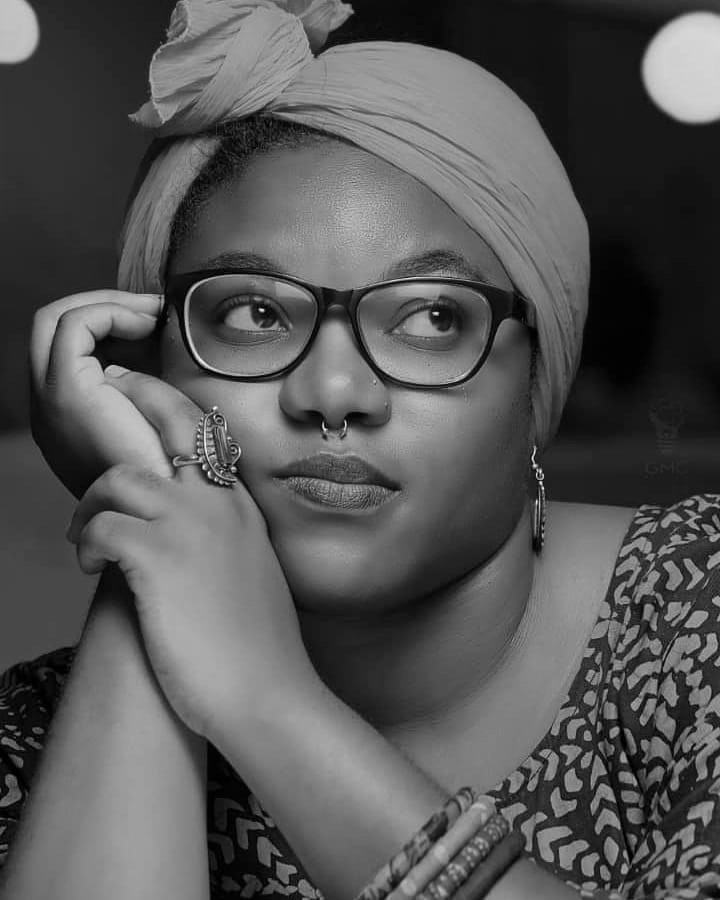
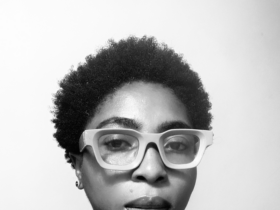
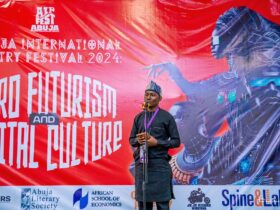
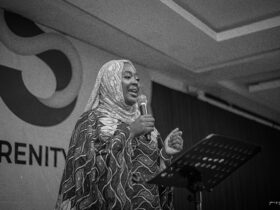

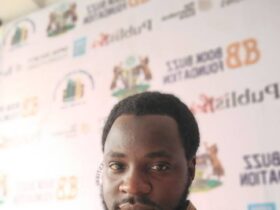

Leave a Reply